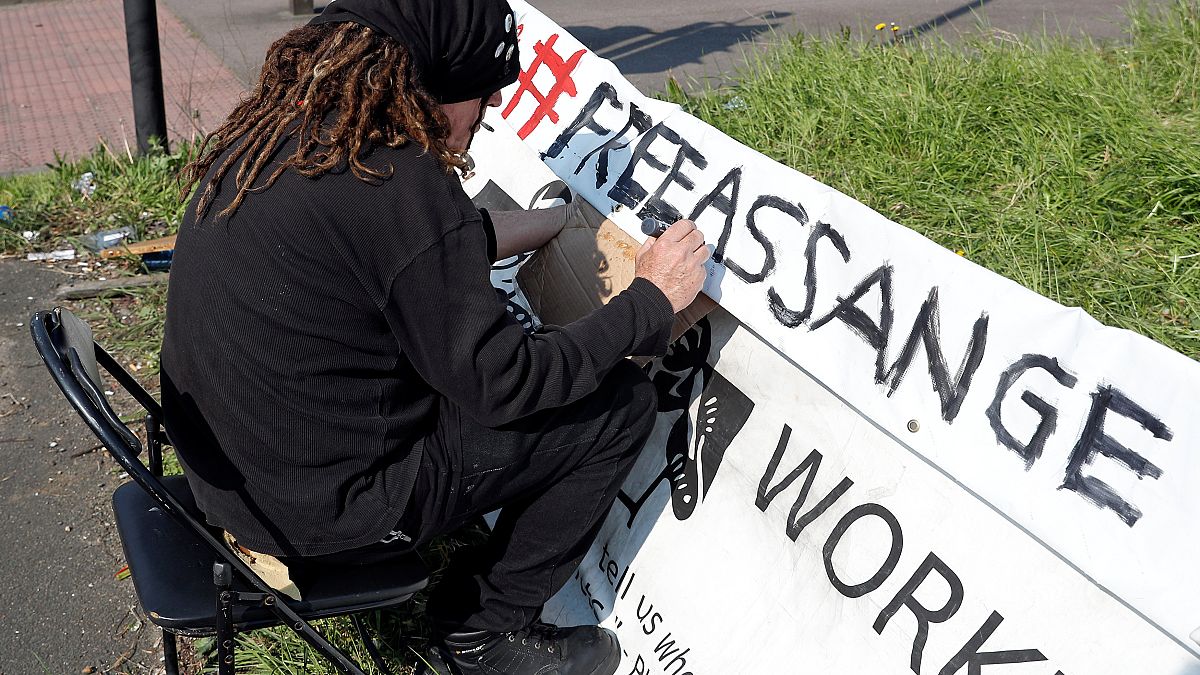MEPs have backed new EU laws to protect employees who go public with reports of wrongdoing. The new rules protect whistleblowers from dismissal and offer safe channels for reporting abuses. The reforms come amid debate over the fate over Wikileaks co-founder Julian Assange.
MEPs have backed new EU laws to protect employees who go public with reports of wrongdoing.
The new rules protect whistleblowers from dismissal and offer safe channels for reporting abuses.
"The big battle of the EP was to get flexible conditions for whistleblowers to be protected, and we got that: whistleblowers will be able to choose the way to denounce, they will not be obliged to talk first to their employers, as some member states wanted. They can address to a external organisation, judicial or administrative," explains Virginie Roziere, the French MEP who authored the report on whistleblower rules.
The reforms come amid renewed debate over whistleblowers after British police arrested Julian Assange last week, bringing to an end the WikiLeaks founder’s seven-year asylum in the Ecuadorean embassy.
It's an issue which divides the European Parliament.
"He is a very ambiguous character, because on one side he is a whistleblower but on the other he has played a dirty game. He is a strange case," Spanish Liberal MEP Mait Pagazaurtundua told Euronews.
"Assange is a whistleblower par excellence, he is a journalist per excellence. He is somebody who tells the truce. And this is the meaning and definition of whistleblower. I think we have to protect him," Greek left-wing MEP Stelios Kouloglou told Euronews.
Evidence of this divide - a whistleblower prize awarded in Strasbourg. Nobel Peace prize winner Mairead Maguire, from Belfast, collected the award on Assange's behalf.
"I believe Julian Assange has done a great service to the whole of humanity. He told us exactly what was happening in Iraq, Afghanistan, where civilians are being killed through war. And we have the right to know that. So, he revealed to us the horrors of war carried out in our name by the US, NATO forces. And because he told the truth to the world he is being punished and silenced," she said.
A prizewinner for some, a criminal hacker to others, the Assange case continues to test the definitions of democracy in Europe.


